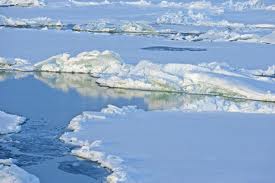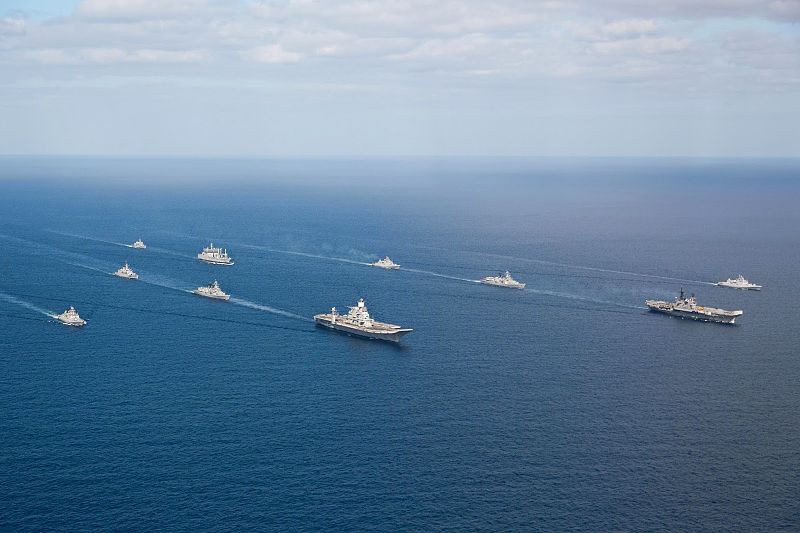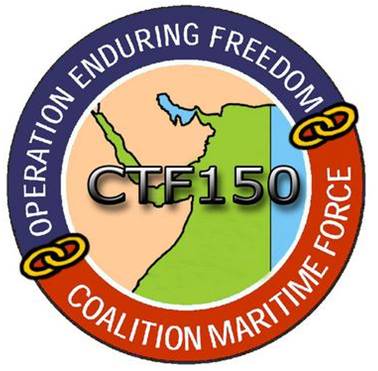Canadian frigate HMCS Regina recently set sail from Canadian Forces Base Esquimalt, in British Columbia, on its return voyage to the Arabian Sea as part of Canada’s national contribution to Combined Task Force 150 (CTF-150), a multinational effort to combat terrorism in the Arabian Sea, Indian Ocean, and Sea of Oman. On its way to the operating theatre, the HMCS Regina passed through Hawaii, and made a few stops in Southwest Asia.
HMCS Regina will carry on the excellent work HMCS Toronto has been doing in support of Operation Artemis, a multinational counter-terrorism mission which has been making valuable contributions to combating terrorism and supporting maritime security. As this mission consists of successive crews, HMCS Regina is making its second mission to the area in less than a year.

HMCS Toronto has been in the region since February 2013, during which time the frigate intercepted and destroyed seven narcotics shipments at a combined weight of nearly eight tonnes, and with a combined street value of $100-million.
“Right now, Toronto is in there and on her way home. Regina was in before that and Regina’s heading back with a fresh new crew to take on these duties,” explained Canada’s Chief of Defence Staff, General Tom Lawson.
During this deployment, HMCS Regina and her crew of approximately 250 personnel, including a CH-124 Sea King helicopter air detachment and an Unmanned Aerial Vehicle (UAV), will work together with allies such as Japan, Spain, and France to detect terrorist activities by conducting patrols and maritime security operations. The focus of the HMCS Regina’s mission will be to protect vessels travelling the Horn of Arica.
Of note, HMCS Regina’s Cmdr. Daniel Charlebois said about 10 per cent of the sailors on board the frigate, named after Saskatchewan’s capital city, have Prairie roots, and the ship often flies the flag of the Saskatchewan Roughriders while refueling at sea.
Programs like the Maritime Security Operations, to which CTF-150 belongs, are vital as they help develop security in the maritime environment, and contribute toward stability and prosperity on a regional and a global level. As one of 29 nations that contribute naval assets to CTF-150, Canada is clearly demonstrating solidarity with partners and allies who share Canada’s commitment for peace and security in the maritime environment of the greater Middle East region.




